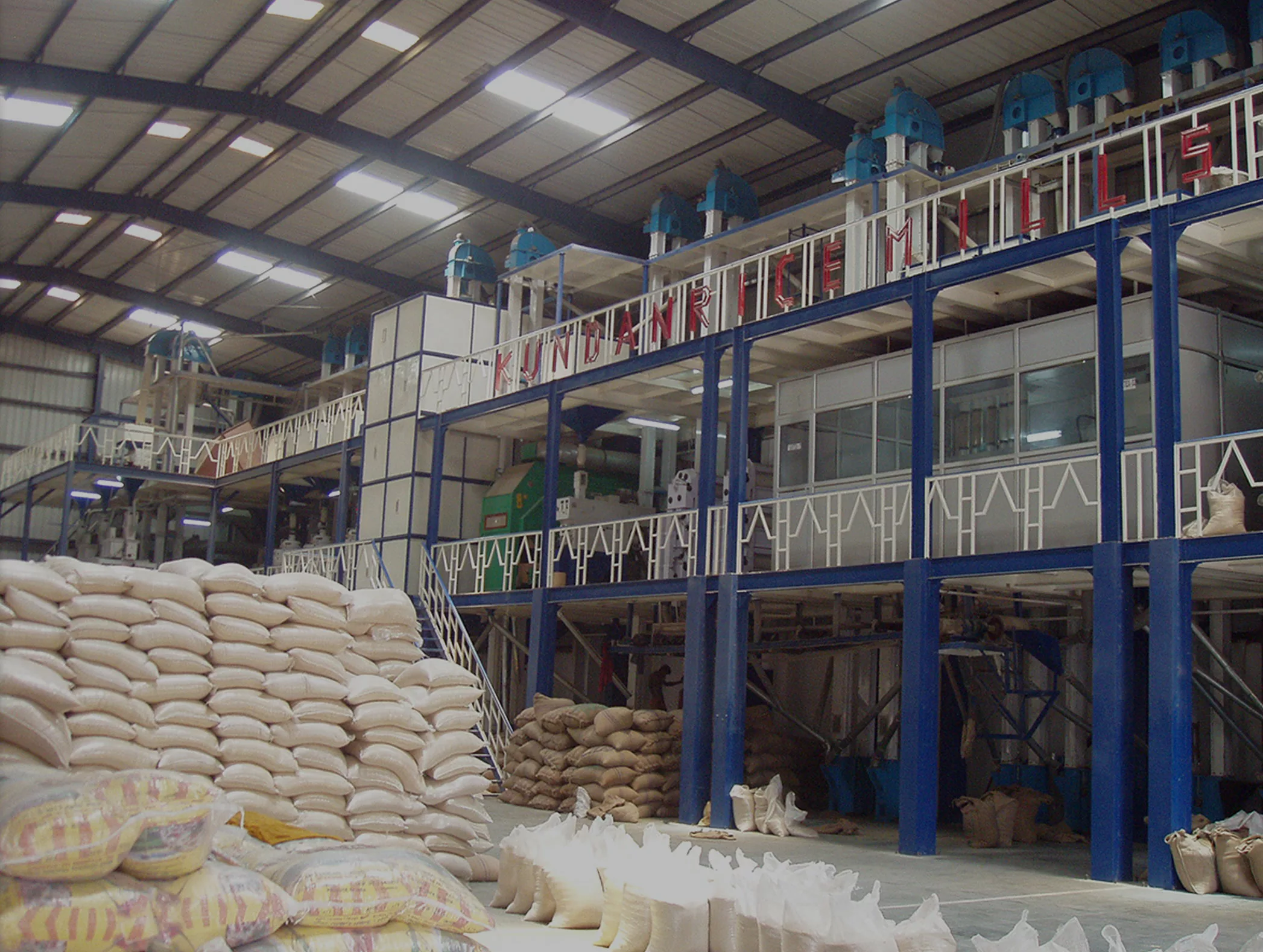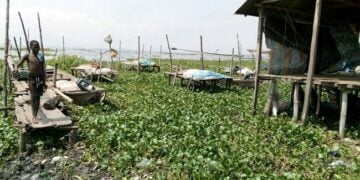Uba Godwin of Global Trust Ventures Limited, Lagos said the demand for rice is very high in Nigeria, with over 70 percent of the total projected population (200 million Nigerians) noted as daily consumers of the product.
To this end, government has over the years through several funding interventions, cut down on rice importation which costs the nation a whooping N3 trillion annually. Thus, a lot of corporate organizations and individuals have gone into rice production, which is regarded as one of the most profitable business ventures in Nigeria. Market size indicates huge investment returns for those who dare to venture into the business. However, rice milling businesses are best sited in areas closer to paddy fields in order to reduce transportation costs; while rice milling are carried out by experts to avoid stripping the food the entirety of its nutrients.
Requirements For Rice Milling Venture:
Land
To set up this project, no less than a plot of land is required to dry paddy rice after harvesting.
Equipment
Machineries required for the establishment of a rice mill include cleaning facilities, De-huller, boiling tank, a polisher, a bagger, and other miscellaneous equipment such as wheel barrows and weighing scales. These machines can be fabricated locally. Vehicles and generator sets are needed for smoother operations.
Cost Implications
Although one has to know the exact scope of a rice milling business before making cost projections, Godwin said it costs about N550,000 to N10.2 million to kickstart a cottage rice mill; while investors should put down between N57 to N500 million to run a medium or large-scale rice mill.
Turnover
Founder of FalGates Foods, Abubakar Sadiq Falalu whose company grows, processes, packages and sells parboiled rice to largely local consumers said his company processes up to 50,000 metric tonnes of rice per year; with a turnover of $3.4 MILLION.
Rice Milling Processes:
Cleaning
Here, dust is removed from the paddy. A dusty paddy when soaked will pollute the water and reduce the plant’s nutrients.
De-Husking
It is easier to de-husk, after soaking and steaming the paddy. Saves one a tremendous amount of energy.
Milling
It takes much more time to pearl pre-boiled rice than normal paddy. The reason is that after soaking the rice, it is easy to become smectic. To avoid this problem, use blowing rice miller and increase the rotating speed of rice miller.
Polishing and Grading
Grading machine is used to separate different qualities of rice, and to separate broken rice from the good ones.
Colour Sorting
Here we use colour sorting machine to sieve out the bad rice seeds and other grains.
Packaging
With the finished product now ready, use automatic weighing and packaging machines to bag them into 5, 10, 50 or more kgs for distribution and sales.





